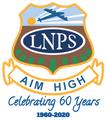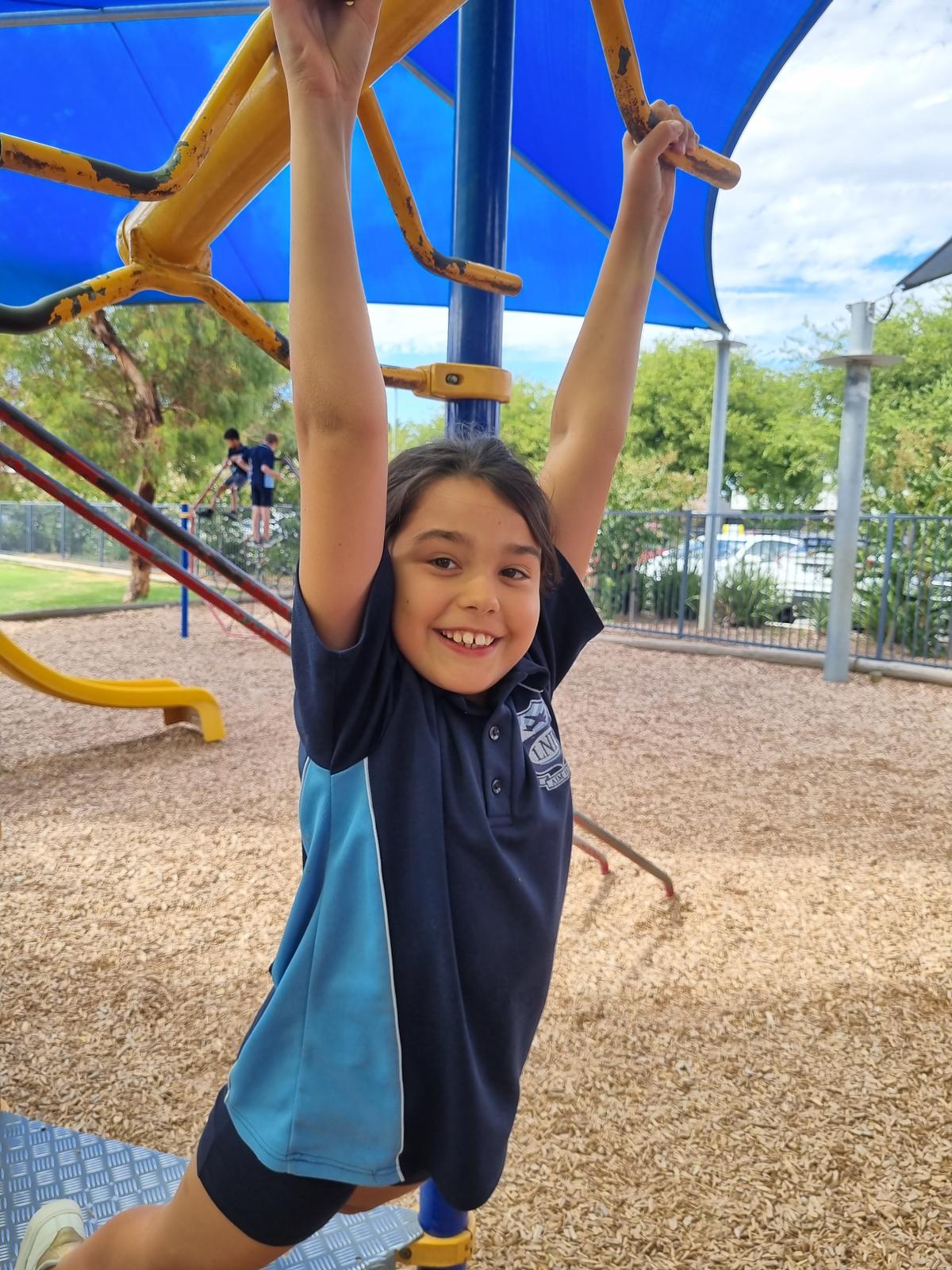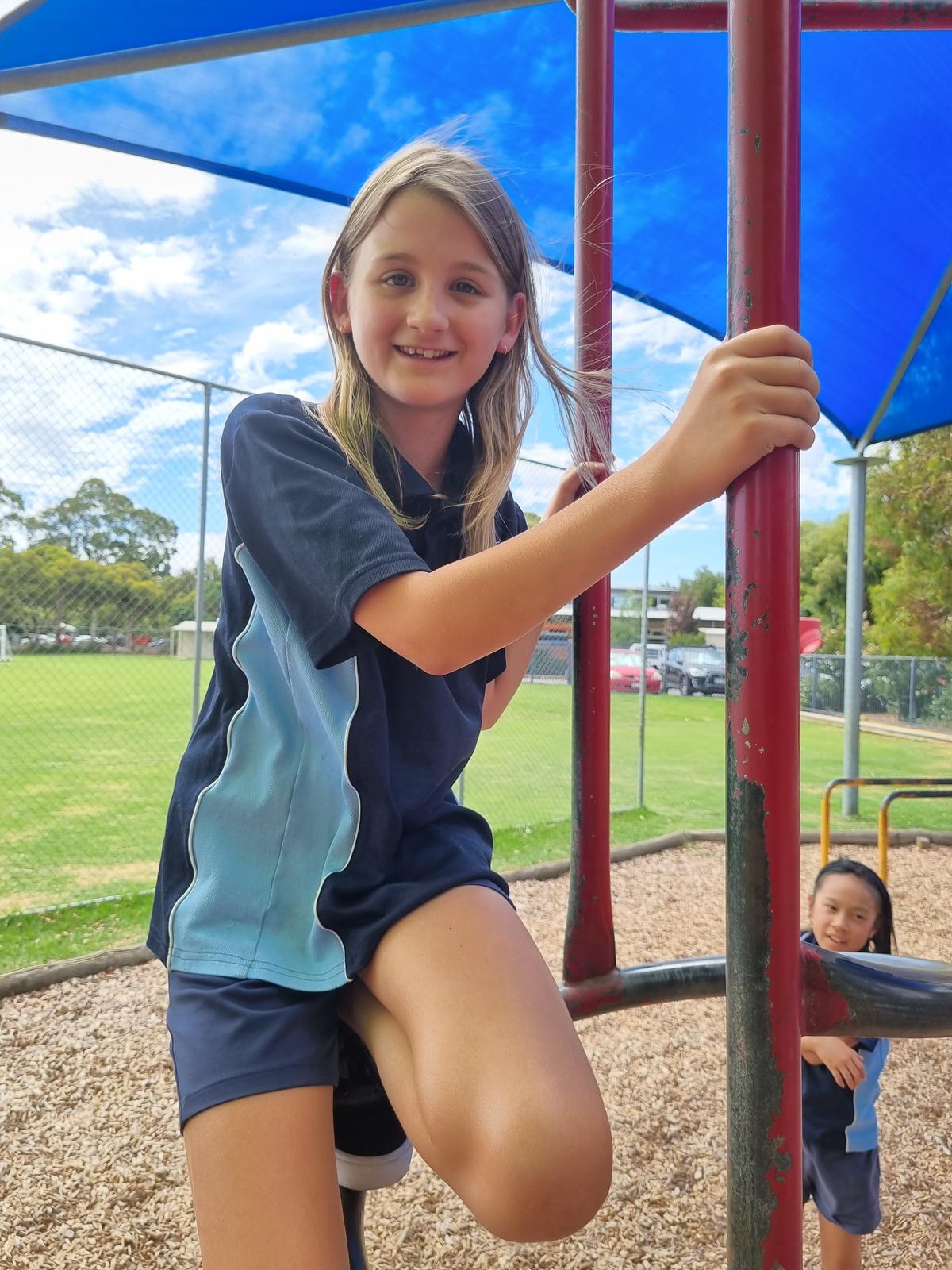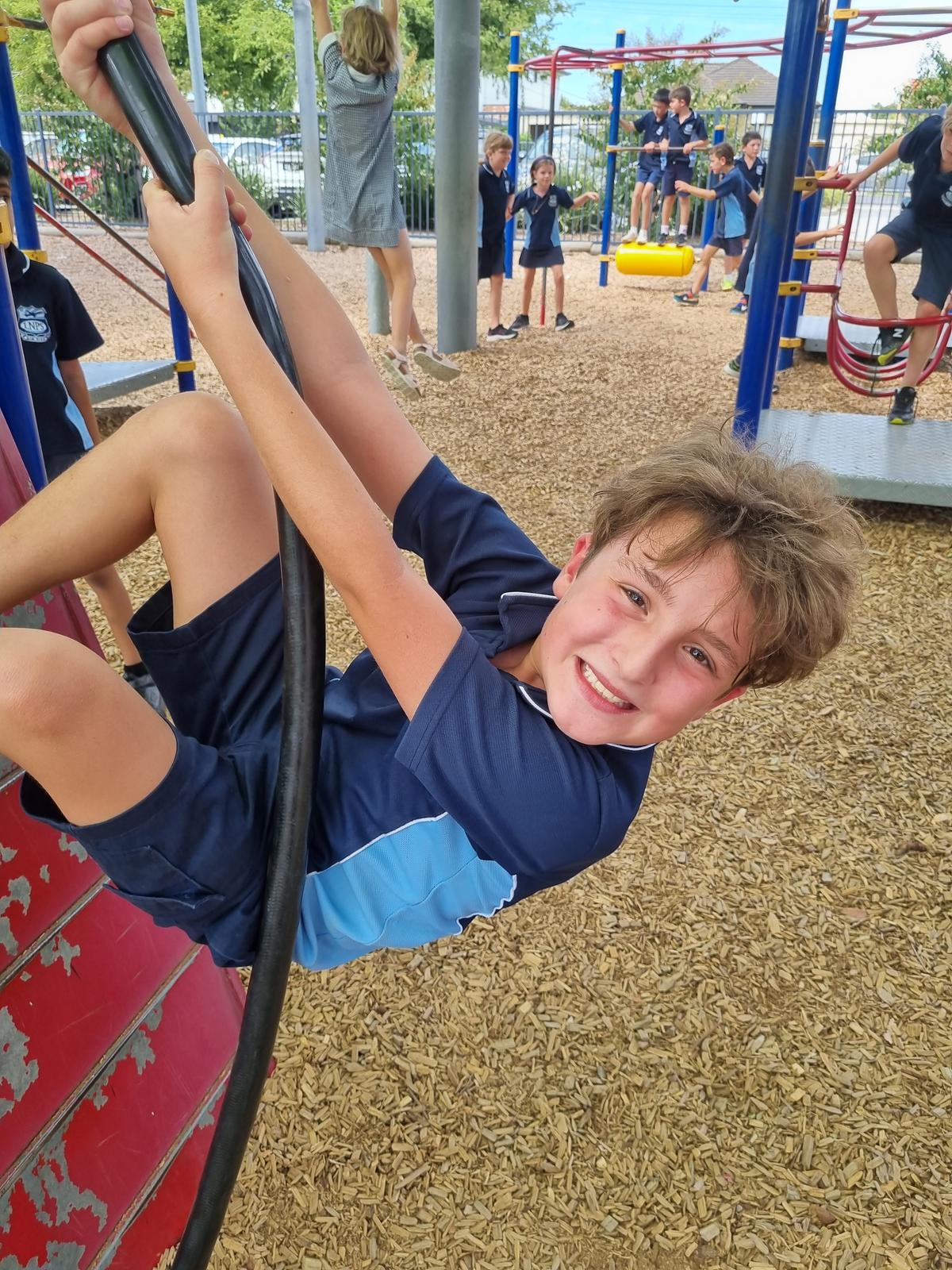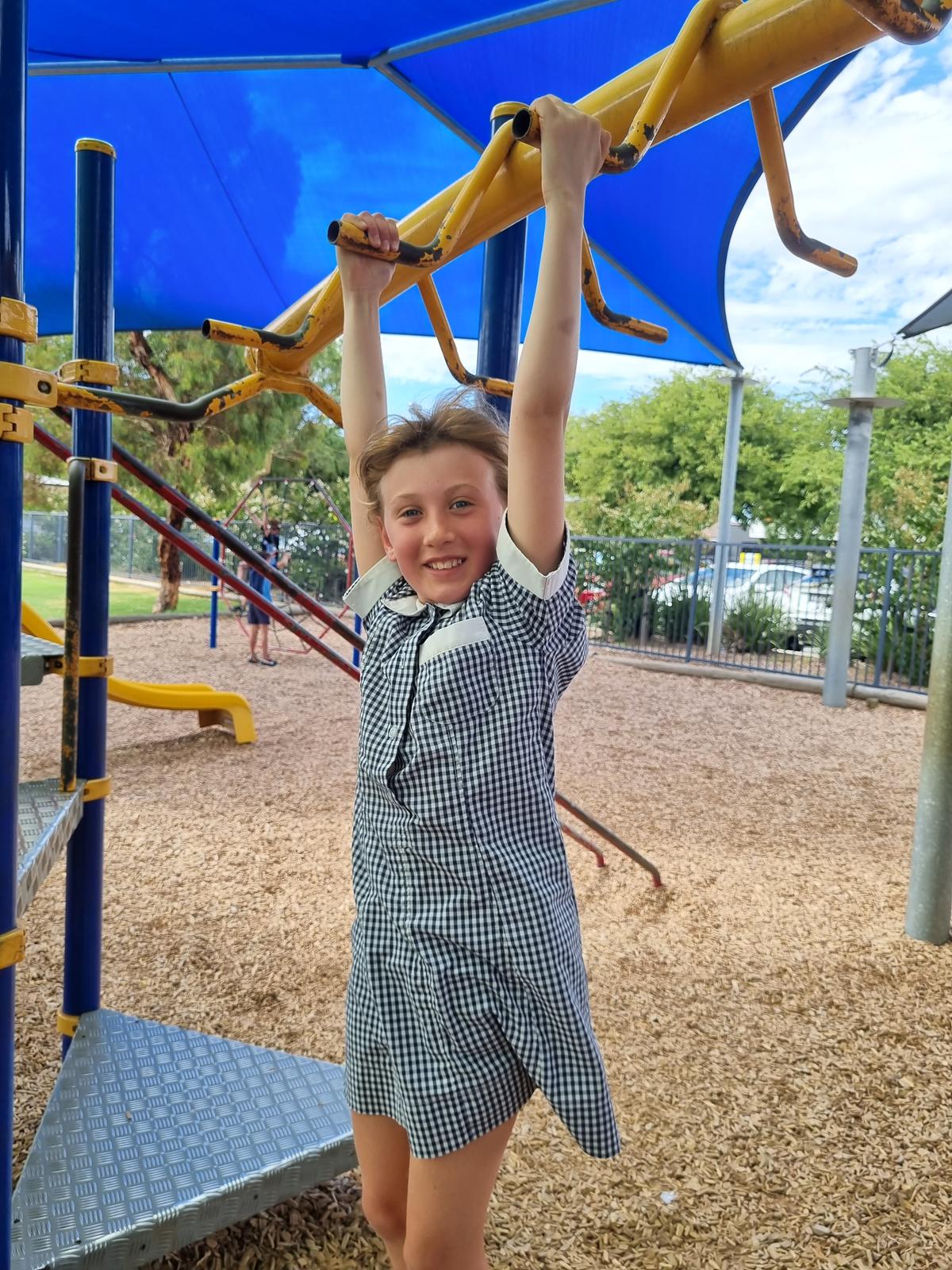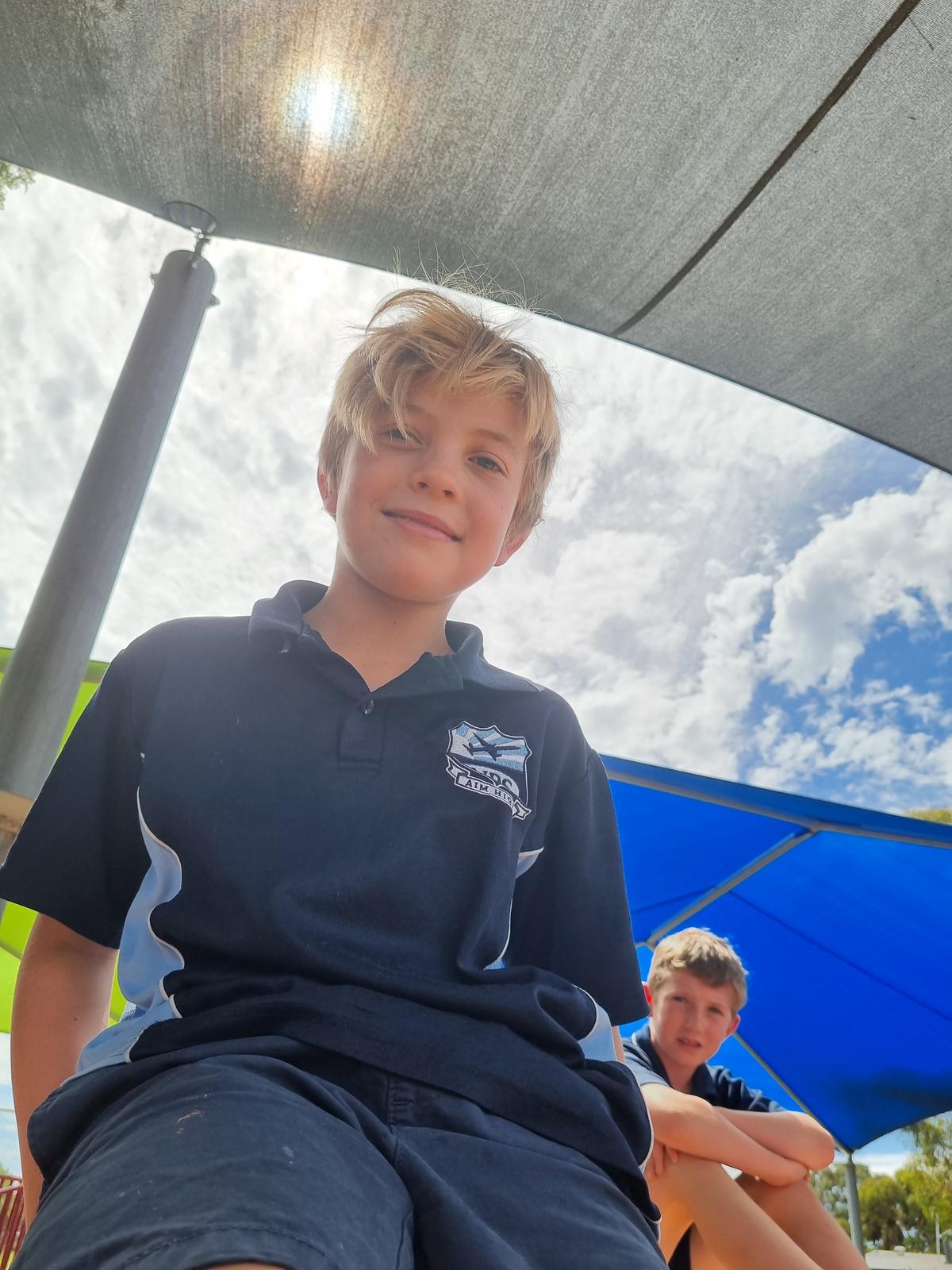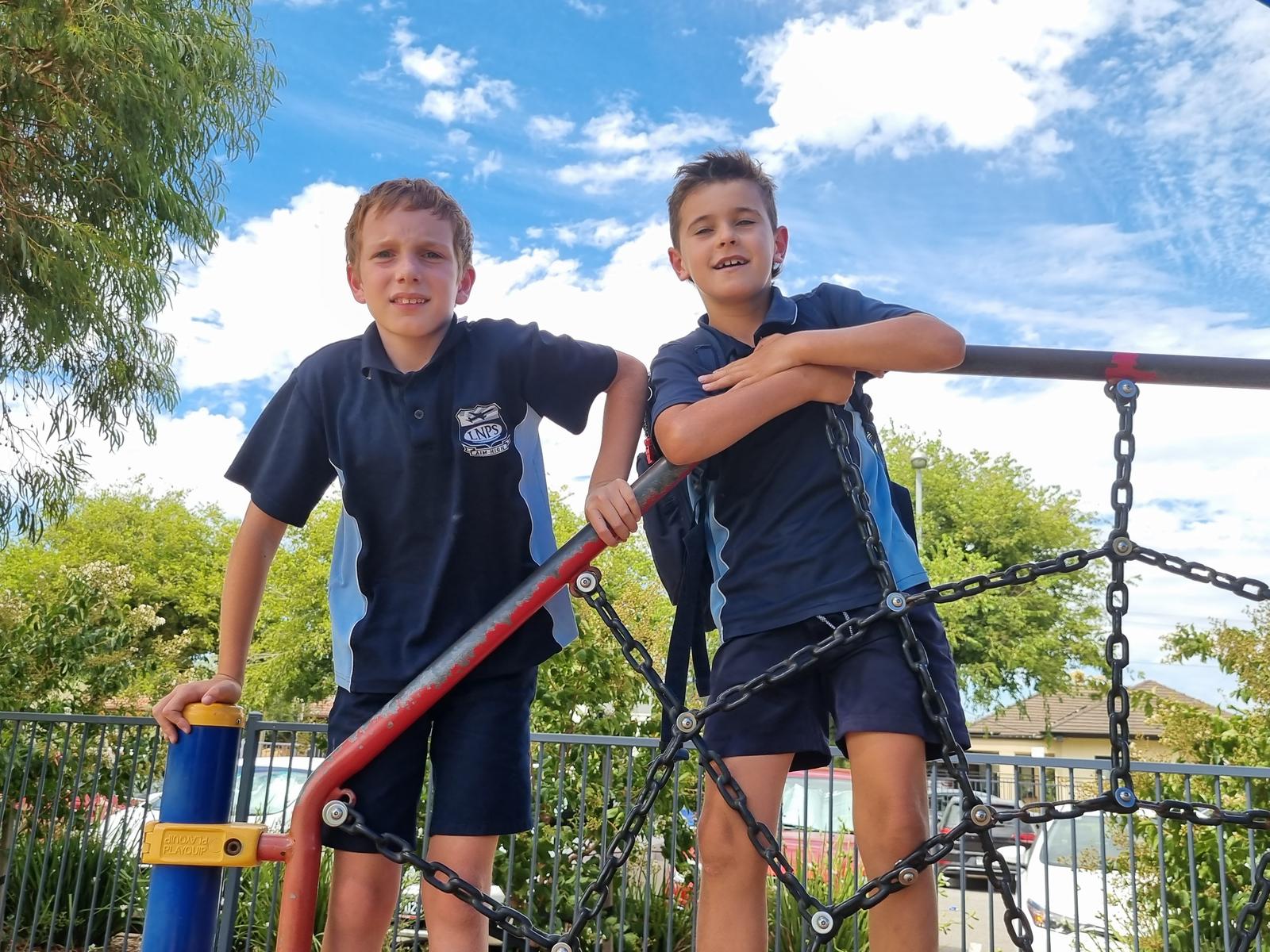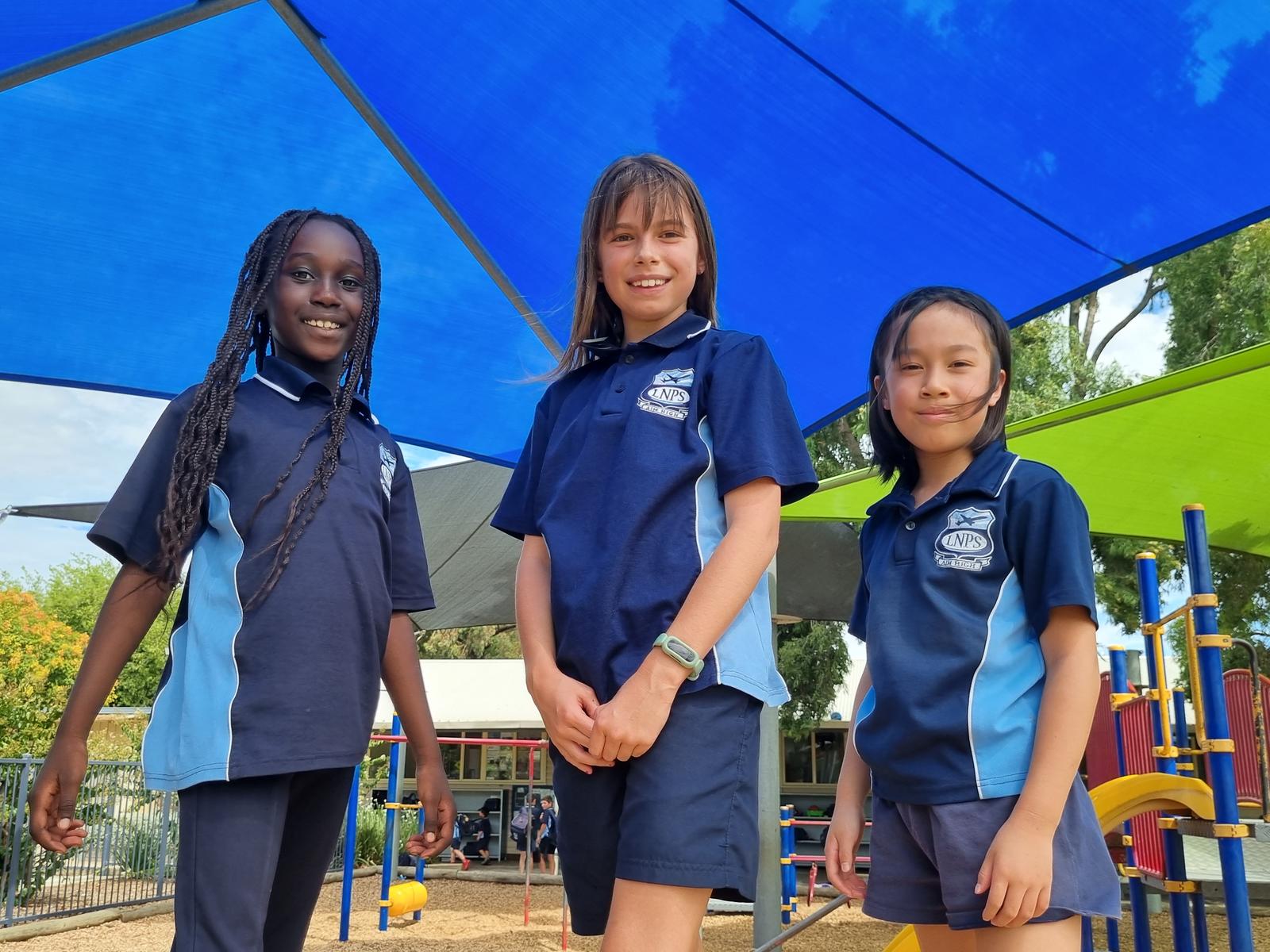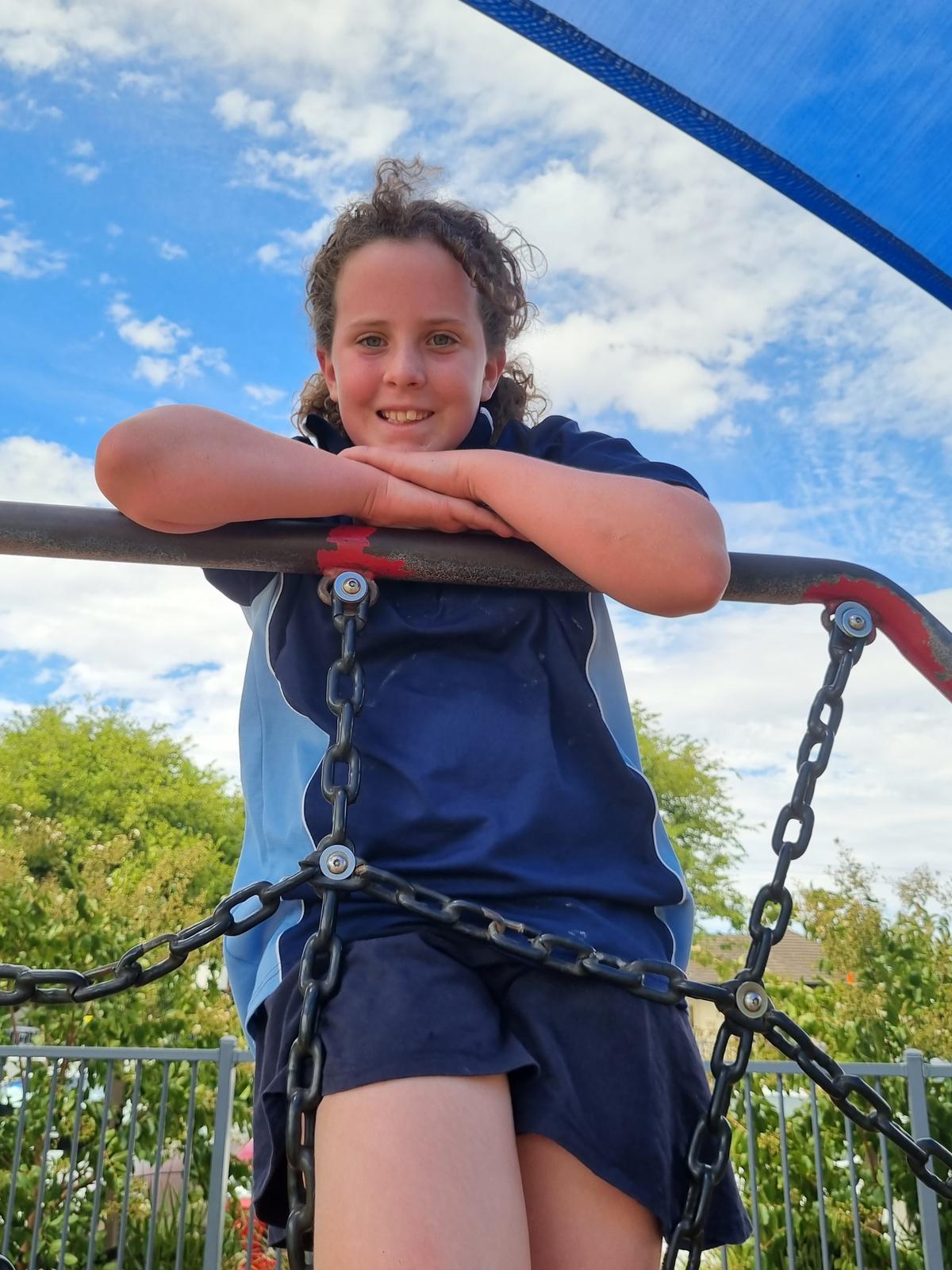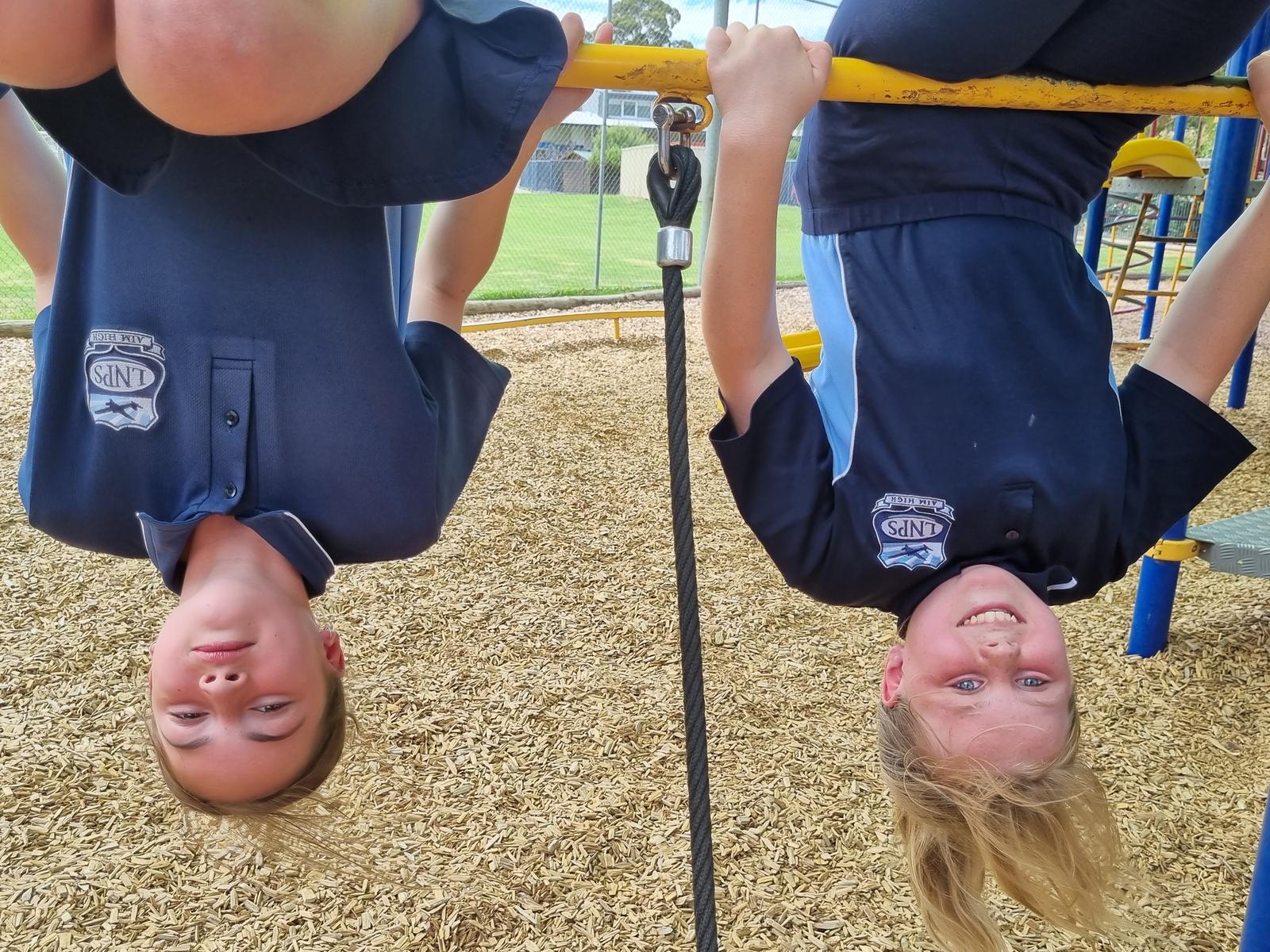HEALTH & PE
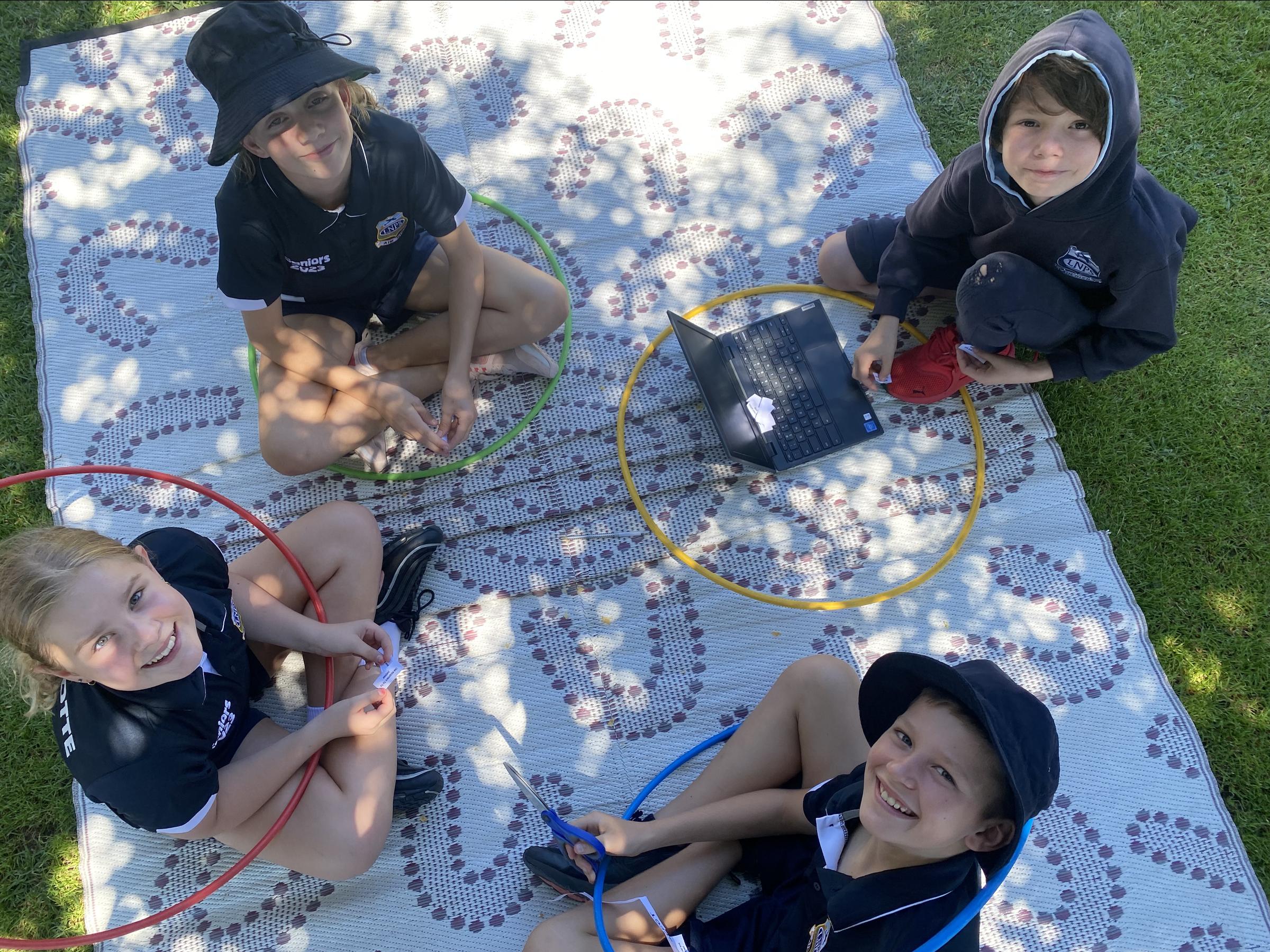
This semester our focus in PE is on invasion and net games.
FISHER PE
Invasion Games (11 weeks)
Learning intentions
Students will:
- understand and demonstrate the personal and social skills needed to participate in team games and sport (General Capabilities (GC) Personal and social capability (P SC)).
- know and understand movement concepts and strategies to achieve outcomes in invasion games.
- propose and apply attacking and defensive strategies in games (GC Critical and creative thinking (C CT)).
- practice and perform the specialised movement skills and sequences of Tchouckball, Sofcrosse and Touch Rugby.
- demonstrate different leadership roles and responsibilities in sport (GC Personal and social capability (P SC)).
Over the Net (6 weeks)
Learning Intentions:
Students will:
- demonstrate fair play and skills to work collaboratively during games and activities (General Capabilities (GC) Personal and social (PS) Ethical understanding (EU)).
- interpret and apply the rules in the spirit of the game (GC PS, Ethical understanding (EU)).
- propose and apply attacking and defensive strategies for net and wall games (GC Critical and creative thinking (CCT)).
- perform specialised skills of tennis and volleyball (GC CCT).
- demonstrate the ability to negotiate and responsibly perform roles in games (GC PS).
- participate in a cultural games and examine how involvement supports cultural understanding (GC Ethical understanding (EU GC CCT).
- propose changes to modify game rules for inclusivity and a fairer contest (GC EU).
Field Athletics (4 weeks)
Learning intentions
Students will:
- demonstrate fair play, inclusion and strategies to work cooperatively with others (General Capabilities (GC) Personal and Social (PS), Ethical Understanding (EU), Literacy (L)).
- identify opportunities to increase physical activity during playtimes.
- refine and apply the fundamental movement skills of discus, high jump, shot put and long jump.
- adapt movement strategies and concepts create personal best and improvement strategies (GC Critical and Creative Thinking (CCT), PS).
This semester our focus in Health is on identity and healthy wellbeing of individuals.
HEALTH
TERM 1
Positive Interactions
Learning Intentions:
Students will:
- explore and recognise the diversity of games, beliefs, and practices from a range of cultures (General Capability (GC) - Intercultural Understanding (IU), Literacy (L))
- investigate how heritage and culture influences their own and others’ identity (GC - IU)
- understand how responses to adversity and challenge contribute to success (GC - Personal and Social (PS), L, Ethical Understanding EU))
- identify how relationships and roles influence identity
- practise and describe strategies to manage emotions and predict emotional responses (GC - PS)
- identify people, sources, and strategies to help manage change
- identify and apply skills and strategies to interact with respect and empathy
- identify how valuing diversity influences wellbeing and actions to promote inclusion
Who influences me?
Learning Intentions:
Students will:
- explain how personal qualities and group membership shapes identity and how this can change over time (General Capabilities (GC) Personal and Social (PS) & Intercultural Understanding (IU))
- recognise and analyse the differences in meaning of the terms celebrity, hero and role model and the influences of these on identity (GC IU PS)
- analyse how different health messages are communicated and propose reasons for the use of high-profile people as health messengers (GC Literacy (L) & ICT)
- identify the different influences on personal choices and those of others’ and detail how these influences can change over time (GC PS & Critical and Creative Thinking (CCT) & Numeracy (N))
- evaluate the different ways health messages are communicated and construct an effective health message (GC L & CCT).
TERM 2
Multicultural Australia
Learning Intentions:
Students will:
- explore factors that influence personal and cultural identity over time (General Capabilities (GC) Personal and Social (PS), Intercultural Understanding (IU)).
- recognise how food choices reflect a changing cultural identity in Australia (GC Literacy (L) IU).
- examine how cultural understanding and wellbeing is promoted and celebrated through community events and celebrations (GC PS IU).
- research and participate in culturally diverse activities (GC L IU).
- examine how important people in their lives can influence their behaviours and decisions (GC IC PS Critical and Creative Thinking (CCT) Ethical Understanding (EU)).
- identify and explore media representation and factors that influence decisions and behaviour around multicultural food choices (GC IU PS).
Drink Detectives
Learning Intentions:
Students will:
- define and describe how drink choices affect health and wellbeing (General Capabilities (GC) Personal and Social (PS))
- investigate, analyse, and reflect on healthy drink choices (GC PS)
- interpret food and drink labels and apply informed decision making for healthy choices (GC Literacy (L) & Numeracy (N))
- access, understand and explain how preventive health practices influence and contribute to promoting and maintaining health, safety, and wellbeing (GC PS, Critical and Creative Thinking (CCT))
- identify and propose preventive health strategies to encourage and maintain the health and wellbeing of individuals and their communities (GC CCT, N & ICT).
CHILD PROTECTION CURRICULUM
We will be teaching the Child Protection Curriculum as part of the Health Curriculum. All Fisher classes will be engaging with the Keeping Safe: Child Protection Curriculum (KS:CPC)
There are 2 main themes:
- We all have the right to be safe
- We can help ourselves to be safe by talking to people we trust
The four main focus areas are:
The right to be safe: Exploring the concept of safety, reviewing the concept of warning signs, unsafe situations and acceptable risk-taking
Relationships Understanding rights and responsibilities, trust and networks, developing personal identity, power in relationships
Recognising and reporting abuse: Privacy and names of parts of the body, recognising abuse, neglect and unsafe secrets, electronic media safety
Protective strategies: Problem-solving for keeping safe and review of networks
More information can be found on the DECD child protection curriculum site
